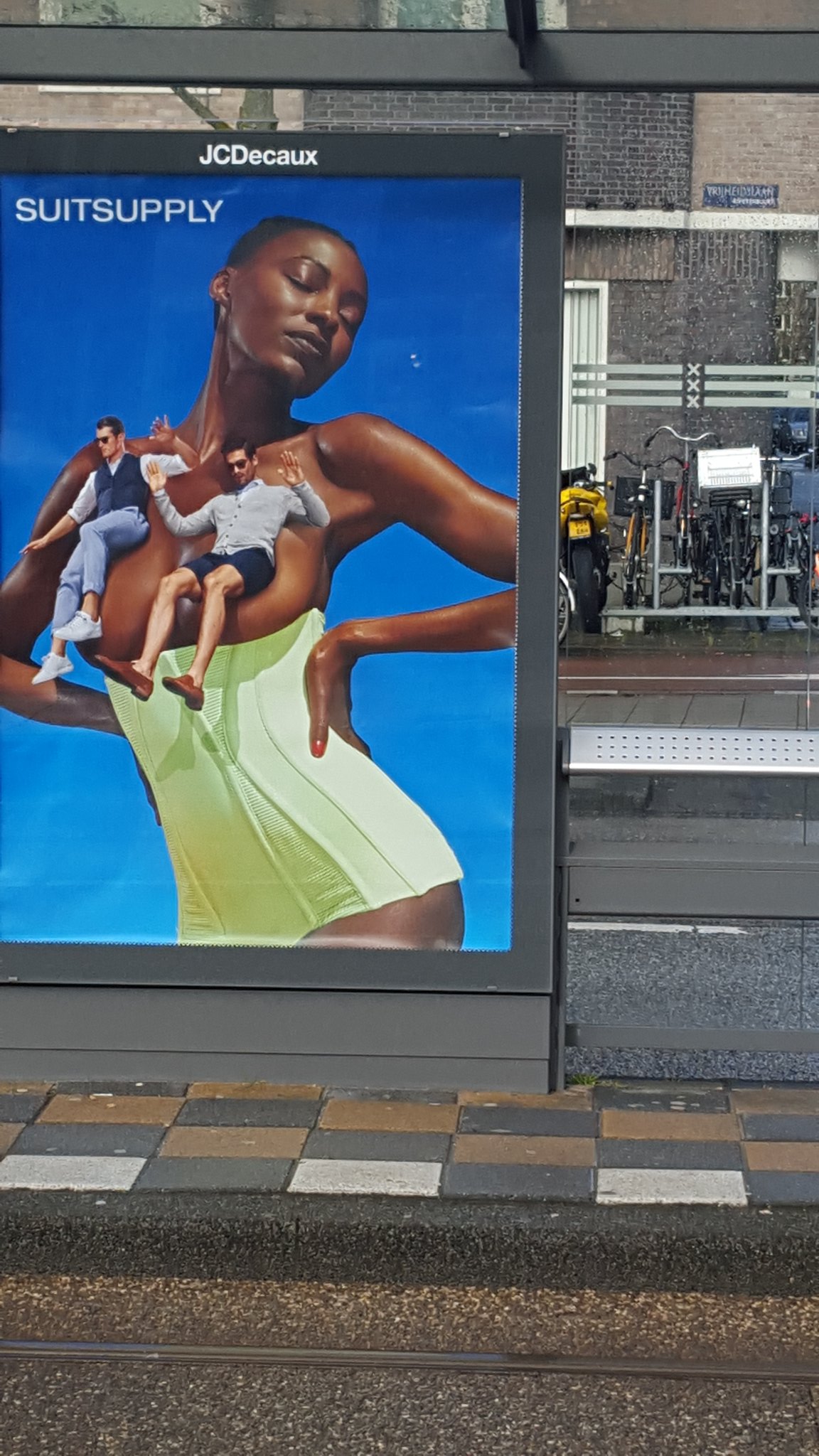Er is een tijd van rust, voor jezelf zorgen en afstand nemen. En er is een tijd van de barricades op om je stem laten horen. Na bijna een half jaar mediastilte na mijn vertrek als Kamerlid, is hier daarom eindelijk weer een blog. Want, lieve lezers, er moet mij iets van het hart. En ik waarschuw jullie alvast: dit is geen vrolijk verhaal. Maar wel een verhaal dat verteld moet worden. (TW: femicide)
8 september 2021: een 34-jarige vrouw wordt op straat in Den Bosch op klaarlichte dag doodgestoken in het bijzijn van haar kindje. De verdachte? Haar 31-jarige ex. De NOS spreekt van een ‘conflict in de relationele sfeer’. Het Brabants Dagblad besteedde een artikel aan een uitgebreid profiel van de verdachte, waarbij een buurvrouw hem een ‘aardige gast, altijd vriendelijk en vrolijk’ noemde.
15 september 2021: het lichaam van een 56-jarige vrouw wordt aangetroffen in de kofferbak van een auto. Ze is door geweld om het leven gebracht. Dagblad Tubantia noemt het een ‘drama in de relationele sfeer’, niet veel later bekent de echtgenoot de dader te zijn.
26 september 2021: een 73-jarige vrouw wordt dood aangetroffen in haar huis in het Limburgse Grevenbicht. Volgens de NOS gaat de politie uit van een ‘motief in de relationele sfeer’. Haar echtgenoot wordt niet veel later aangehouden. De Limburger meldt dat hij al eerder is veroordeeld voor de moord op zijn toenmalige partner.
Zomaar drie berichten over femicide. In nog geen drie weken tijd. Femicide. De moord op een vrouw omdat ze vrouw is. Het CBS kwam deze week met nieuwe cijfers, waaruit bleek dat bij bijna 6 op de 10 vrouwen die werden vermoord, de vermoedelijk dader de (ex)partner was. Veelal in hun eigen woning vermoord met een steekwapen, door mishandeling of door wurging.
Dit soort berichten en dit soort cijfers maken mij niet alleen razend, maar zorgen er ook voor dat ik mij weer eens realiseer hoeveel geluk ik heb gehad. Ik had ook één van die statistieken kunnen zijn. Net als 1 op de 3 vrouwen kreeg ook ik te maken met geweld. Maar ik ben er nog. In tegenstelling tot Clarinda, Sandra, Tiny en alle andere dodelijke slachtoffers.
Ik deelde de cijfers van het CBS op LinkedIn, Instagram, Twitter en Facebook. En raad eens wat er gebeurde. Meteen meldden zich mannen die blijkbaar de behoefte voelden die cijfers te nuanceren. ‘Deze cijfers geven een iets te extreem beeld, ‘ aldus de een. ‘Stemmingmakerij! Dit klinkt niet als structureel, en al helemaal niet als femicide’ aldus een ander.
Ik was er even stil van. Verdrietig zelfs. Want voor mij als overlevende van partnergeweld, komen zulke ‘nuanceringen’ keihard aan. Stemmingmakerij? Drie vrouwen in nog geen drie weken tijd vermoord door hun partner of ex. Niet structureel? Gemiddeld elke 10 dagen wordt er in Nederland een vrouw vermoord door haar partner of ex. Femicide dus. Maar zo lang media blijven spreken over ‘drama’s in de relationele sfeer’, ‘familiedrama’s’, ‘crime passionel’, ‘eerwraak’, en artikelen blijven schrijven over dat de daders altijd zulke aardige jongens waren, blijven we doen alsof het allemaal wel meevalt.
En meevallen, dat doet het dus niet. Want het probleem is nog veel groter. Dagelijks worden vrouwen en meisjes slachtoffer van fysiek, seksueel en psychisch geweld achter de voordeur, van intieme terreur, van stalking. En met het probleem bagatelliseren zijn zij echt niet geholpen.
Nederland ondertekende de Istanbul Conventie, het Europese verdrag tegen geweld tegen vrouwen. Toch doet Nederland op een aantal punten nog lang niet genoeg, zo constateerde de commissie die onderzoekt of het verdrag wel wordt nageleefd. Zo houdt het Nederlandse beleid nog veel te weinig rekening met genderverschillen. En net zoals genderverschillen onderdeel zijn van het probleem, is genderspecifiek beleid onderdeel van de oplossing. Ook is er dringend behoefte aan landelijke regie. Daarom pleit onder meer de Nederlandse Vrouwenraad voor een Nationaal Coördinator. De hoogste tijd, als je het mij vraagt. (Teken hier de petitie!)
Maar ook kleinere beetjes helpen. Claudia de Breij schreef onlangs een ijzersterke column, waarin ze opriep om, net zoals 113 bij berichten over zelfdoding, ook bij berichten over femicide en geweld tegen vrouwen standaard de nood-en hulpnummers op te nemen. Als Kamerlid heb ik dit idee al eens geopperd tijdens een mediadebat, de minister zegde toe erover in gesprek te gaan. Tot die tijd doen we het dus maar zo:
Ben jij of ken jij iemand die te maken heeft met fysiek, psychisch of seksueel geweld? Bij acute nood: bel 112. Voor hulp of advies: bel 0800-2000.
Meer lezen over femicide? Check bijvoorbeeld dit artikel van Oneworld.
En, misschien wel het allerbelangrijkste, laten we erover blijven praten, schrijven, tweeten, bloggen. Luid en duidelijk. Want genoeg is genoeg.














